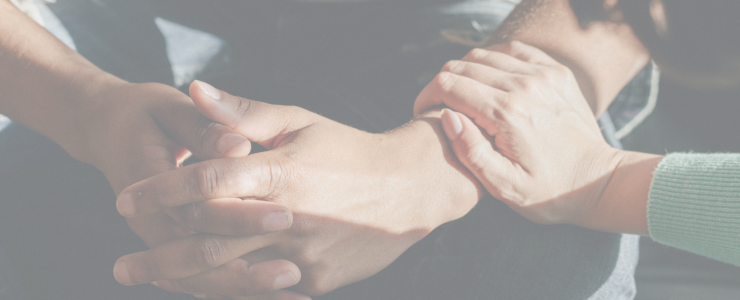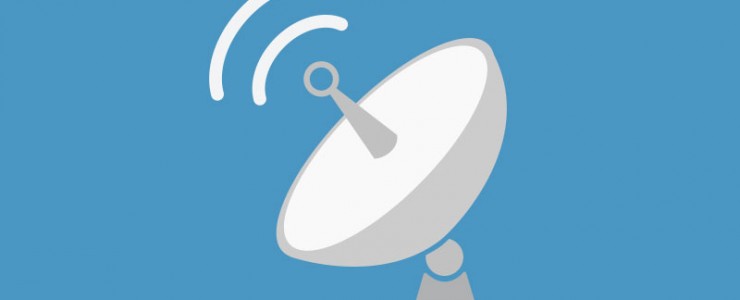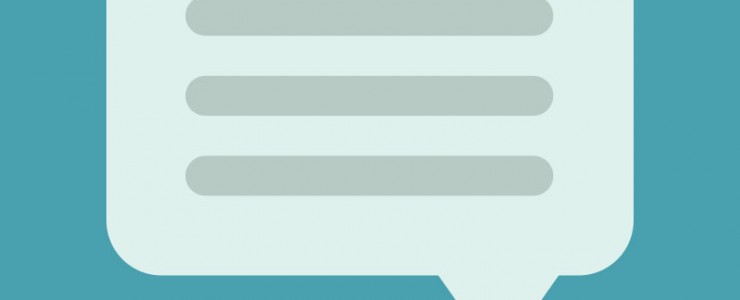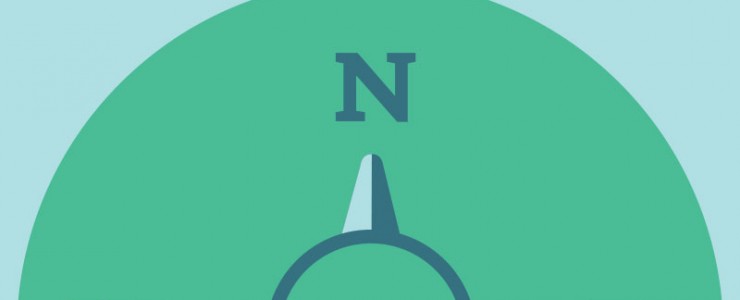Mental health varies from person to person and encompasses a wide range of conditions. It has been reported that adults with disabilities experience mental health distress almost five times more frequently than adults without disabilities. As a family member, friend, or professional, it is important to learn the signs and educate yourself about the resources available to those who struggle with mental health issues.
Remember in case of immediate danger, call 911.
You Are Not Alone.
You and your loved ones are not alone in experiencing distress, anxiety, depression, or any other mental health challenge. There are resources available to help you learn healthy coping mechanisms and to collaborate with medical professionals in managing your mental health.
Know the Signs.
It is important for family members, caregivers, and loved ones to learn the warning signs of mental illness, as they can be difficult to distinguish. Visit https://www.nami.org/about-mental-illness/ warning-signs-and-symptoms/ to learn about common signs of mental illness in adults and children.
Stay Educated.
Many organizations offer trainings, classes, and webinars on mental health topics. The Mental Health and Developmental Disabilities National Training Center provides learning modules on co-occurring disabilities and mental health. Visit https://www.mhddcenter.org/learn-now/?tx_post_ tag=training
Be Prepared.
It is important to know whom to call in case of a crisis. The 988 Suicide and Crisis Lifeline provides 24/7 free and confidential support for people in distress, along with prevention and crisis resources. Visit the 988 website for specific support resources. For more information on crisis resources and information in Washington State visit https://informingfamilies.org/crisisresources/.
Finding Help When You Need It.
It is important to learn about finding quality treatment and what is available to you. Findtreatment.gov offers a search engine to locate treatment centers in your area. It provides resources for understanding the cost of treatment, payment options, different types of treatment, and gaining insight into mental health.
The National Alliance on Mental Health provides an information webpage that identifies the intersection of disabilities and mental health while offering resources. Visit https://www.nami.org/Your-Journey/Identity-and- Cultural-Dimensions/People-with-Disabilities/ to learn more.
Help Lines Available for 24/7 Assistance Remember in case of immediate danger, call 911.
The 988 Suicide and Crisis Lifeline provides 24/7 free and confidential support for people in distress, along with prevention and crisis resources. Visit https://988lifeline.org/ for specific support resources.
HearMeWa is a resource available to Washington youth up to the age of 25. Support is available 24/7, 365 days a year via phone, text, chat, or app. Get secure, free support anytime from professionals who are ready to listen. To learn more visit https://hearmewa.org/.
WashingtonWarm Line is a peer support helpline for people living with emotional and mental health challenges. Call the 24-Hour Crisis Line at 1-866-427-4747 or visit https://www.crisisconnections.org/wawarm-line/.





